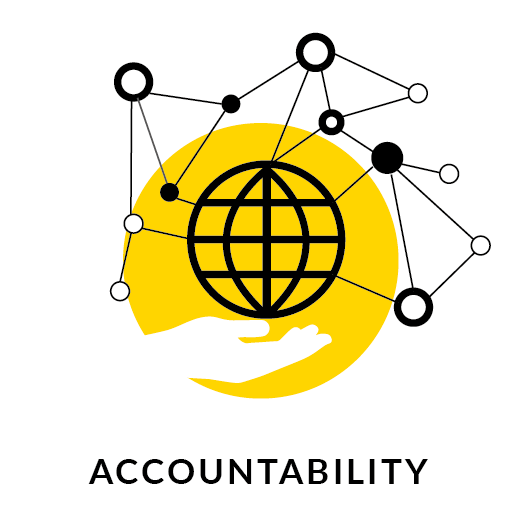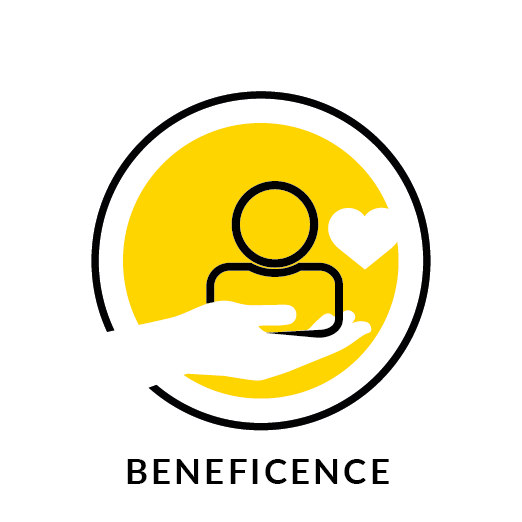Decisions between Public-Private Partnerships: Chen et al (2013) show that in public-private contractual partnerships for critical infrastructure, challenges to decision making often arise because of high degrees of uncertainty and the different types of discretion provided to different organisations. This means that contracts, that explain specific roles within collaborations, are often incomplete and potentially involve frequent renegotiations, posing challenges for maintaining an authoritative decision-making structure as well as for the necessary disclosure of information within collaborative information management systems. These interactions create high risks of opportunism and transaction costs (e.g., monitoring, enforcement and conflict resolution) which could also affect the aims and decisions made. Joint ventures with diverse stakeholders require high levels of trust and awareness of each other’s goals, where information sharing may sometimes need to be very carefully calibrated and contested and may require long-term relationship building and incentive structures that align the interests of public and private collaborators.
Long-term effects: Fortun’s study of the mismanagement of risk in the city of Bhopal (2011) illustrates the value of more flexible epistemological and moral technologies. In the aftermath of the disaster at the Union Carbide India Limited company, it was not enough to consider the risk of harmful chemicals on the basis of individual substances affecting individual human bodies at a particular point in time. Interactions between multiple substances and long-term interdependencies had to be taken into account, and the evaluation of risk and damage changed over time. The deliberative learning, potentially enabled by a collaborative information management system, allows a focus on the unequal distribution of risk and enables collective reflection and evaluation of explanations and approaches, a different form of decision making than is possible in a top-down authoritative system (Jasanoff 2003). Deliberative learning brings to the table a form of ‘social learning where the knowledge of the expert and that of concerned laypeople do not mutually exclude one another’, a framework for interaction that resonates with the debates about the need to support contestation (Storni 2013).
Resources
Ansell, C., and Gash, A. (2008). Collaborative Governance in Theory and Practice. Journal of public administration research and theory, 18(4): 543-571 [DOI] [Link]
Büscher, M., Kerasidou, X., Petersen, K. and R. Oliphant (2017 in press). ‘Networked Urbanism and Disaster’, in Freudendal-Petersen, M. and Kesselring, S. (Eds). Networked Urban Mobilities. Springer.
Chen, J., Chen, T. H. Y., Vertinsky, I., Yumagulova, L., and Park, C. (2013). Public-Private Partnerships for the Development of Disaster Resilient Communities. Journal of Contingencies and Crisis Management, 21(3): 130–143 [DOI]
Debreceny, R. S. (2013). Research on IT Governance, Risk, and Value: Challenges and Opportunities. Journal of Information Systems, 27(1):129-35. [DOI] [Link]
DiSalvo, C. (2010) Design, democracy and agonistic pluralism. Proceedings of the Research Design Society Conference, Montreal, 6 [Link]
Fortun, K. (2011). Remembering Bhopal, Re-figuring Liability. Interventions: International Journal of Postcolonial Studies, 2(2): 187–198 [DOI]
Hartman, C. and S. G. D. (2006). There is No Such Thing as a Natural Disaster: Race, Class, and Katrina. New York: Routledge. ISO/IEC 38500:2015 [Link]
Jasanoff, S. (2003) Technologies of Humility: Citizen Participation in Governing Science. Minerva 41(3): 223–244 [DOI] [Link]
Jasanoff, S. (2010) Beyond Calculation: A Democratic Response to Risk. In G. Lakoff (Ed.), Disaster and the Politics of Intervention, (pp.14–41). New York: Columbia University Press [DOI]
Klinenberg, E. (2002). Heat Wave: A Social Autopsy of Disaster in Chicago. University of Chicago Press.
McGuire, M. Brudney, J. L. and Gazley, B. (2010). The “New Emergency Management”: Applying the Lessons of Collaborative Governance to Twenty-First-Century Emergency Planning. In T. R. O’Leary, D. Van Slyke, & S. Kim (Eds.) The Future of Public Administration around the World (pp. 117–128). Washington, DC: Georgetown University Press.
Prasad, A., Green, P. and Heales, J. (2013). On Governing Collaborative Information Technology (IT): A Relational Perspective. Journal of Information Systems, 27(1): 237-59 [DOI]
Storni, C. (2013). Design for future uses: Pluralism, fetishism and ignorance. Proceedings of the Nordic Design Research Conference 2013: Experiments in design research. Copenhagen, Denmark and Malmö, Sweden, June 9, 2013 – June 12, 2013. [Link]





